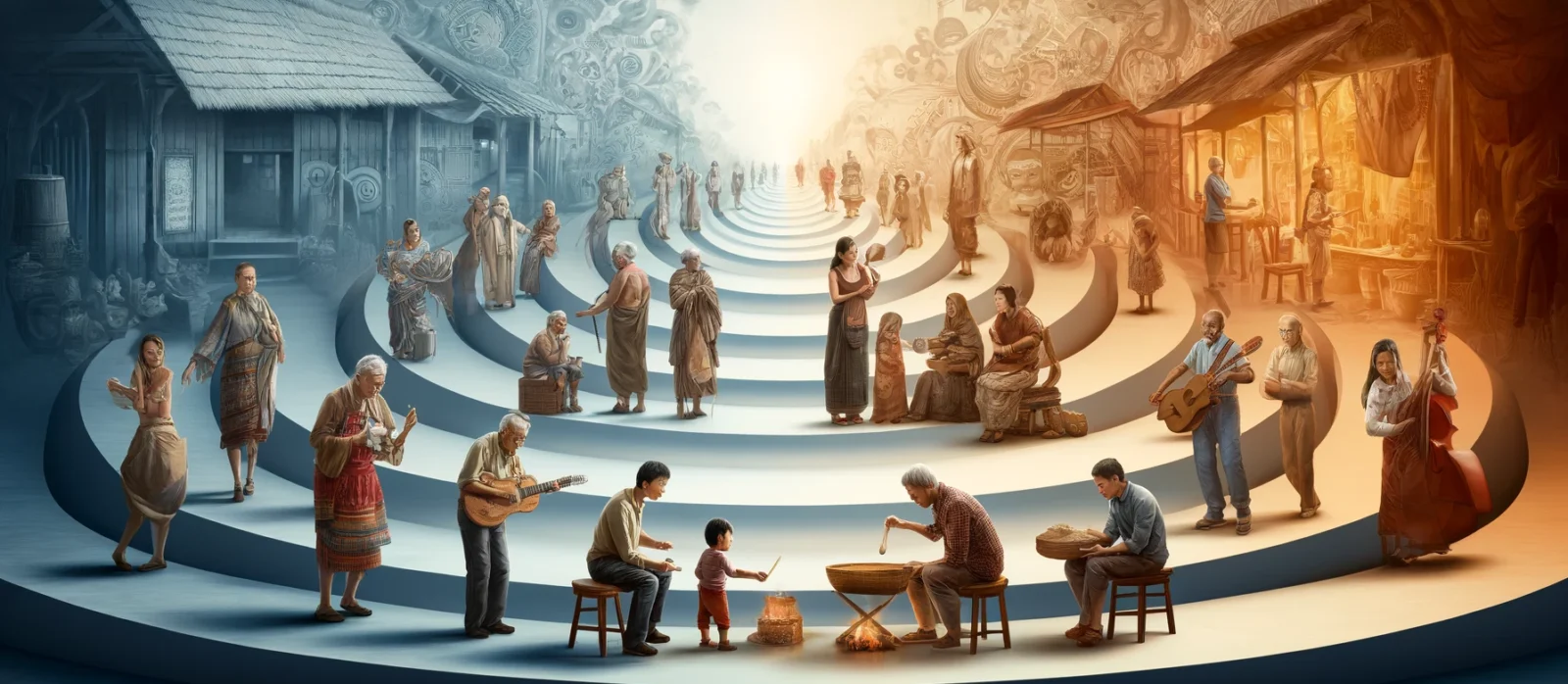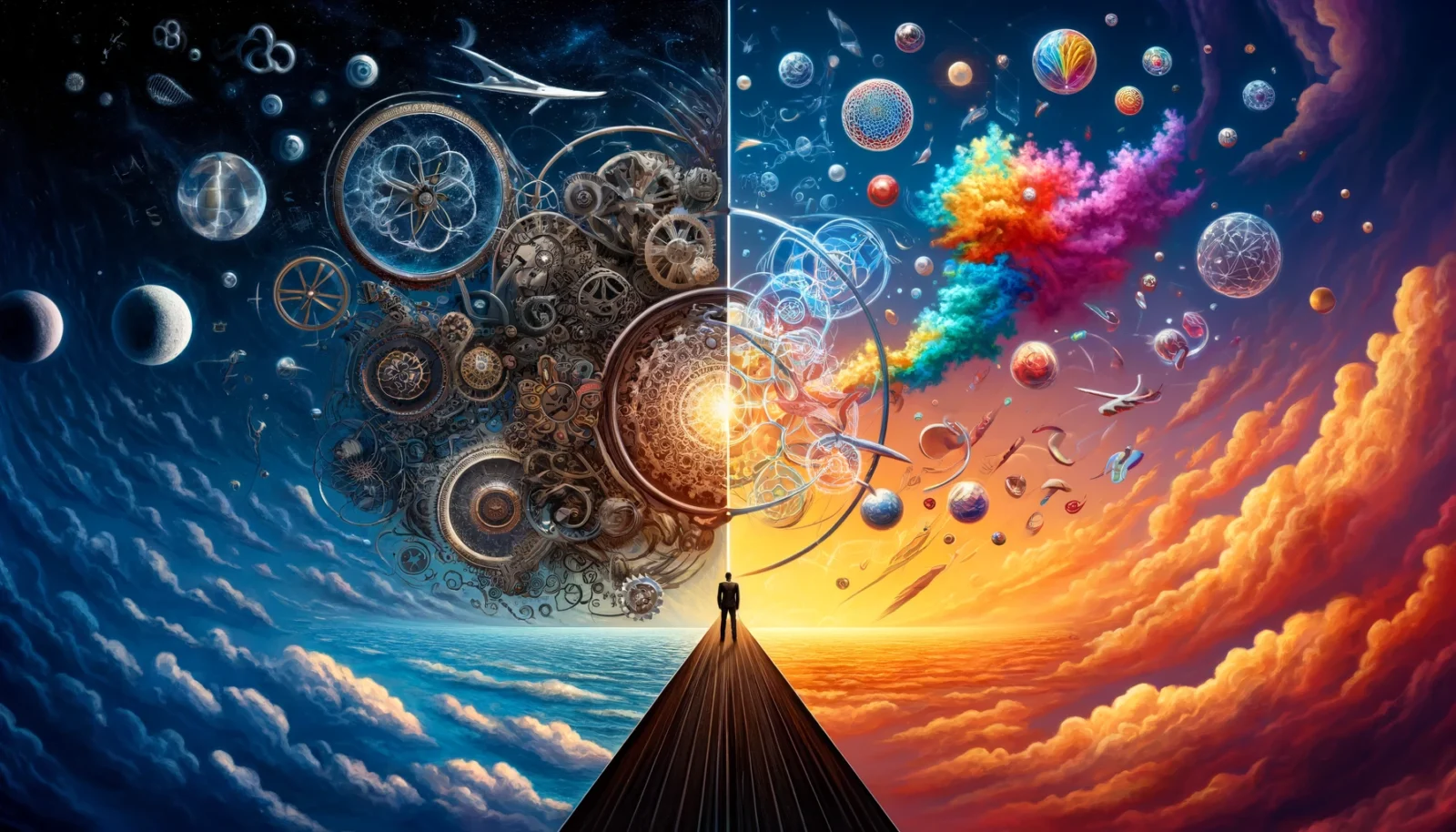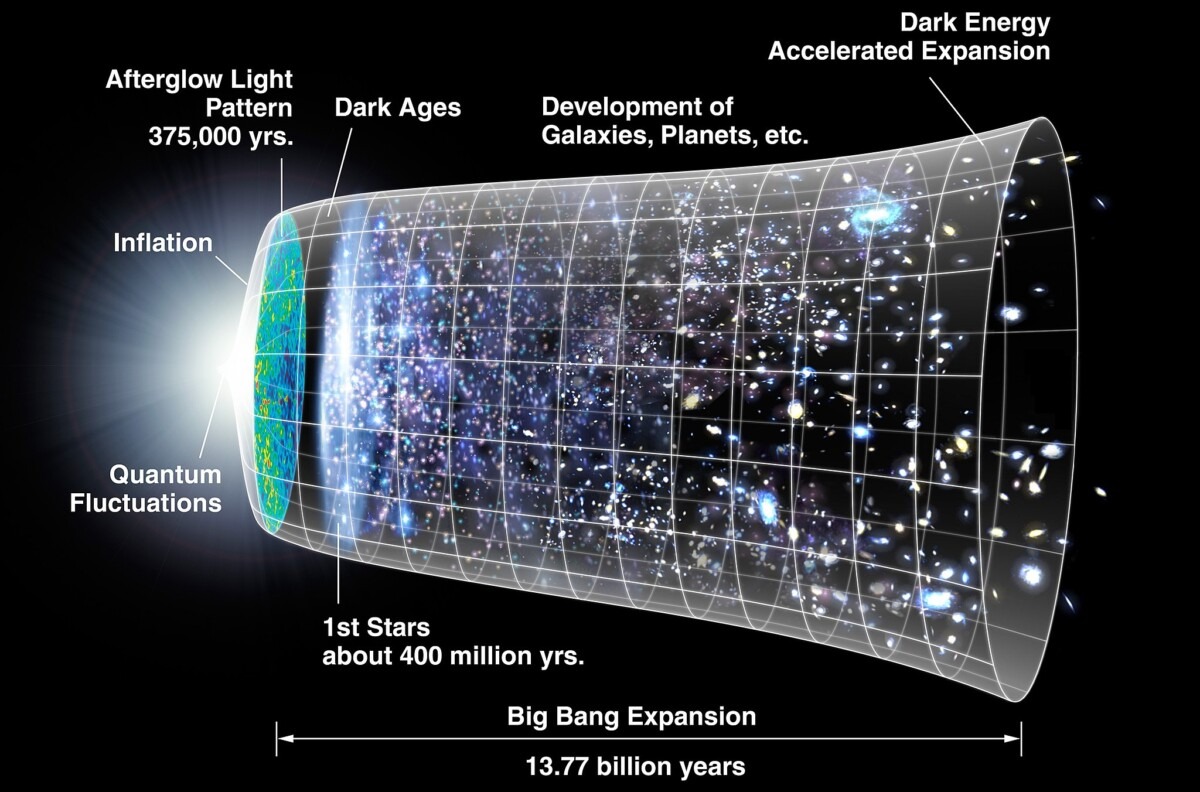Worldview
30 Phil, Chapter 7, Heraclitus, Touchstone 17: Worldview. A worldview is your current knowledge, perspectives, beliefs, and values, which evolves with experience and influences your interpretation of reality and self. Your worldview is comprised of all the frameworks you’ve embraced, and a good place to start your exploration is with the three major ones: language, religion, […]




















